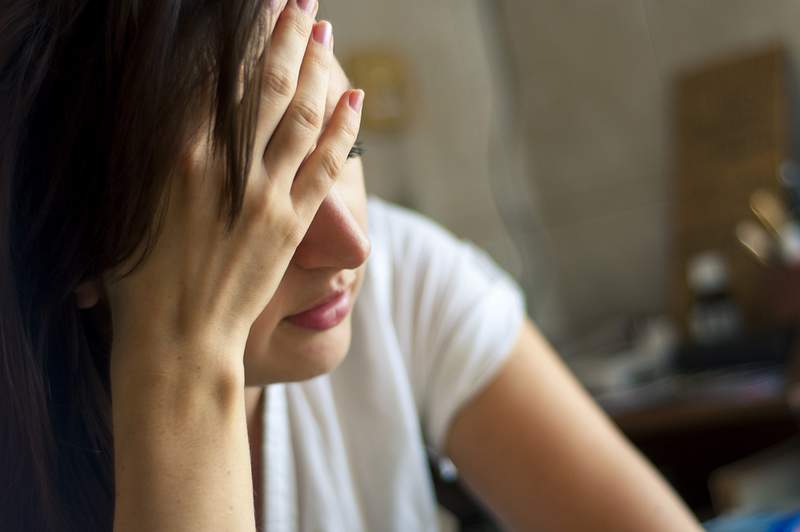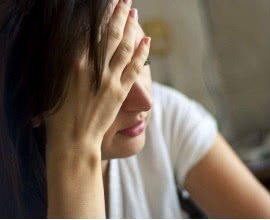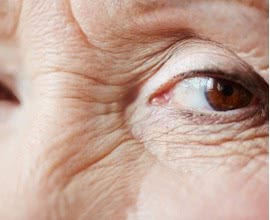Am I Healing Well after Cosmetic surgery?
Advice to Curb Infection
While surgical incisions often heal faster than wounds incurred by accident, it should take no longer than 6 to 8 weeks for your wound to seal up and regain a majority of its previous strength. Any prolonged tenderness, inflammation or oozing will thus be a sign of unwanted infection.[1]
Symptoms of Infection
An infection occurs when viruses, bacteria, fungi and parasites enter another organism: i.e., the body. Sources of infection that medical workers are continually cautious of include staphylococcus bacteria, candida yeast and even viruses that cause severe acute respiratory syndrome (SARS). So, contact your doctor if you start feeling any of these symptoms:
- pus around the incision
- a foul smell with drainage from the incision
- skin discoloration
- fever or chills
- body aches and pains
- feeling tired or fatigued
- coughing or sneezing
- digestive upset, such as nausea, vomiting, or diarrhea
- difficulty breathing
- a severe headache with high fever
- a rash
- unexplained swelling
- a bite from an insect or animal
Additionally, conditions that inhibit bodily sensation like diabetic neuropathy or nerve damage can accidentally prevent you from noticing infection related pain. It becomes all the more important to therefore maintain hygiene around incision sites and prepare materials with your doctor to facilitate healing.[2][3]

Treatments
If you have a health condition that inhibits wound healing, including diabetes, hypertension, or any disease that involves high cholesterol, low oxygenated blood or poor diet, it is imperative that you make arrangements with your doctor prior to surgery.[4] This might include medications to facilitate blood flow, antibacterial bandages, ointments and even debridement to remove dead tissue around incisions.[5] If you are a smoker, you will need to quit before even going in for the operation. Smoking decreases the amount of blood, oxygen, and nutrients that go to the surgical site.[6]
After a clean cosmetic operation, the skin typically seals by itself within 48 hours. Remember to routinely change the dressings over the sutured incision after disinfecting and drying the spot at which you reapply bandaging. You may be able to remove the dressing and shower, but do so as directed by your physician. Generally, you can follow these few guidelines to avoid complications:
•Use tap water or take a shower for wound cleaning
•Avoid baths, swimming pools, or hot tubs
•Moisten your dressings before removing to avoid tissue damage
•Do not use strong disinfectants and antiseptics—no hydrogen peroxide, rubbing alcohol or iodine
•Avoid gauze and use products like hydrogels, hydrofibers, alginates and soft silicone dressings instead
Some other notes to adhere may be less obvious like, for example, let the hair grow out around the areas of skin that the surgeon will make incisions and, remember, visitors should wash their hands thoroughly or use hand sanitizer before visiting. Keep friends and family at a safe distance and keep them from touching your surgical site unless they themselves have had training to help.[7][8]
Conclusion
A healthy lifestyle and cleanliness will get you far prior to and during your recovery from plastic surgery. Do your best to therefore familiarize yourself with dressing changes, what medications you may need and limit unnecessary exposure to people, especially during the first 48 hours of healing when the wound is most vulnerable.
Sources:
[1] Iftikhar, Noreen. “What to Expect During the 4 Stages of Wound Healing.” Edited by Deborah Weatherspoon, Healthline, Healthline Media, 19 Dec. 2019, www.healthline.com/health/skin/stages-of-wound-healing.
[2] Seladi-Schulman, Jill. “Infections: Symptoms, Types, Causes, Treatments, List, and More.” Edited by Stacy Sampson, Healthline, Healthline Media, 30 May 2019, www.healthline.com/health/infections#Overview.
[3] Ruben, Bruce. “11 Comorbidities That Inhibit Wound Healing.” WoundSource, Kestrel Health Information, Inc., 12 Nov. 2019, www.woundsource.com/blog/11-comorbidities-inhibit-wound-healing.
[4] Ibid.
[5] Iftikhar, Ibid.
[6] “Problem Solving.” Wound Home Skills Kit: Surgical Wounds, American College of Surgeons Division of Education, pp. 40.
[7] Ibid.
[8] “Wound Care.” Wound Home Skills Kit: Surgical Wounds, American College of Surgeons Division of Education, pp. 12.














